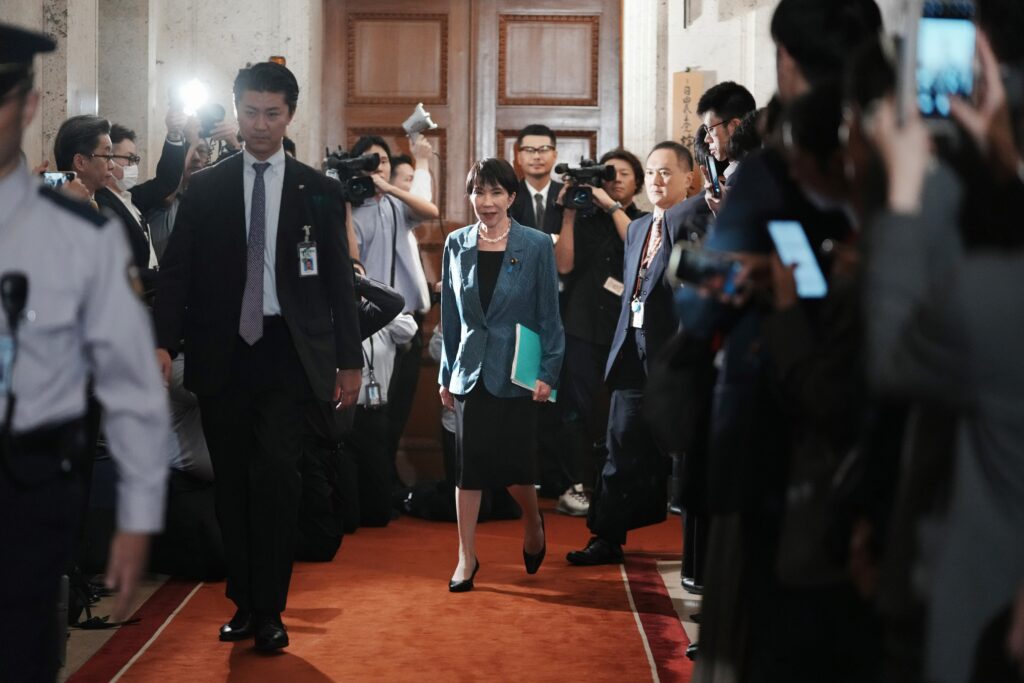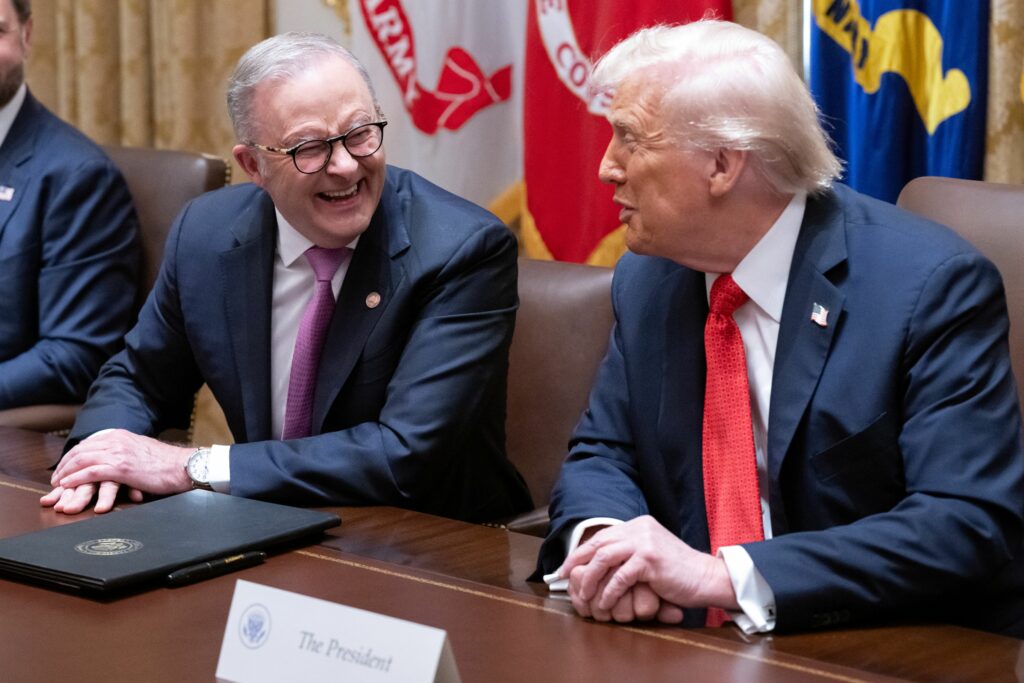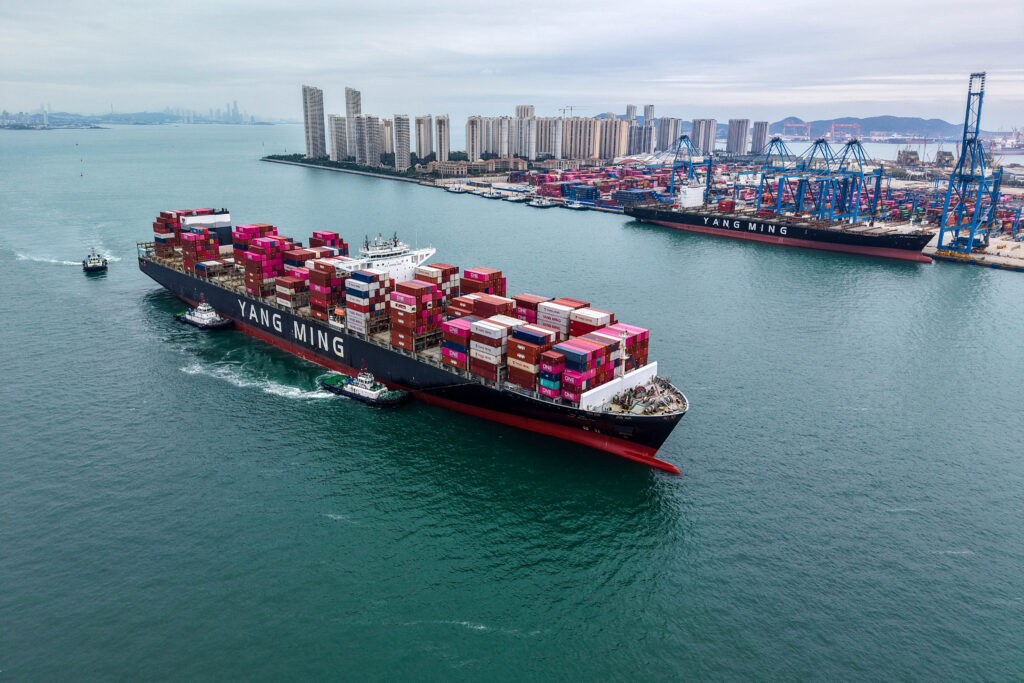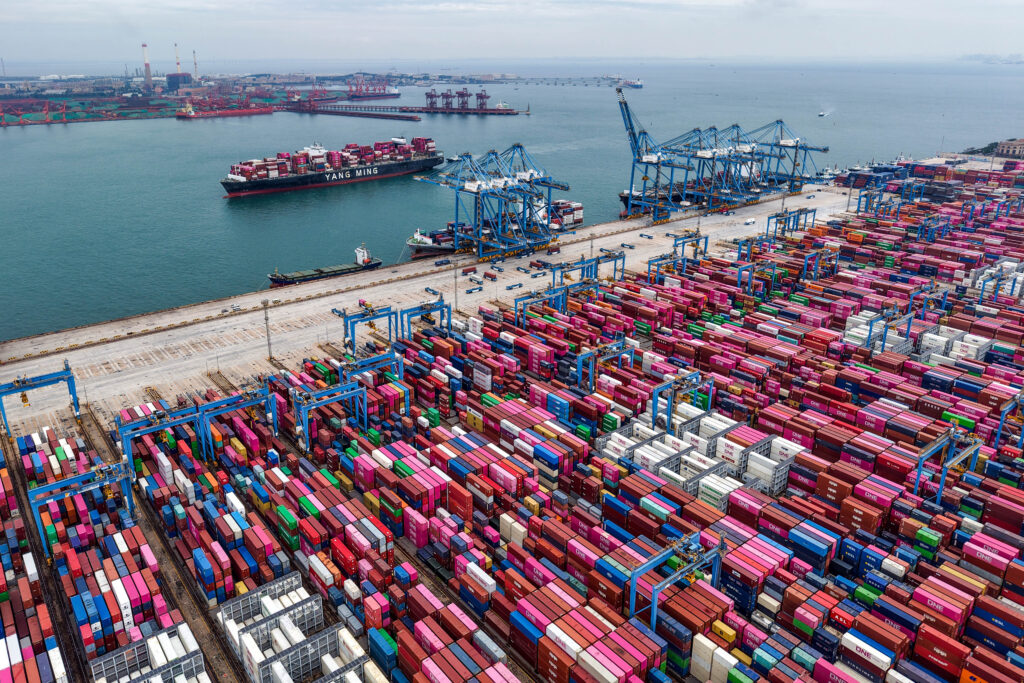Stocks up on China-US hopes, Japan’s new PM lifts Tokyo
Most stock markets extended gains Tuesday on further signs that China-US trade tensions were easing and as investors looked to corporate earnings.Tokyo hit another record as Japan swore in new prime minister Sanae Takaichi and brought an end to a period of political uncertainty.European equities were mostly higher, tracking gains in Asia where Hong Kong and Shanghai closed up more than one percent. “Wall Street enjoyed a particularly strong session on Monday, and that optimism has extended to Asia and Europe,” said Russ Mould, investment director at AJ Bell.”The focus is now on US interest rate cuts, the new corporate reporting season, and US-China trade talks,” he added. Investors will look to US inflation figures due Friday for further signals about the pace of the rate cuts.Ahead of Wall Street reopening Tuesday, General Motors reported better-than-expected profits behind good vehicle pricing as it boosted some full-year projections based on lower tariff costs. London advanced in midday deals, while the pound declined on official data showing UK public borrowing reached a five-year high in September.Frankfurt ticked lower while Paris rose, with financial services firm Edenred surging 15 percent after it reported better-than-expected sales in the third quarter.Investors were back in a buying mood after last week’s ructions sparked by Donald Trump’s threat to hammer China with 100-percent tariffs over its latest rare earth export controls.The US president has since struck a more optimistic tone ahead of a meeting with Chinese counterpart Xi Jinping at the APEC summit in South Korea.He said he wanted a “fair” trade deal between the superpowers and praised his relationship with Xi. Trump also played down fears of a Chinese invasion of Taiwan, saying: “I think we’ll be just fine with China. China doesn’t want to do that.”The remarks, which followed other conciliatory words at the weekend, helped push Wall Street higher on Monday, as the tech-led rally resumed.In Japan, the yen weakened after Takaichi was appointed prime minister, which raised expectations for a slower pace of interest rate hikes.”Takaichi is expected to cut taxes and boost defence spending, she is also not a fan of interest rate hikes,” said Kathleen Brooks, research director at XTB trading group.Traders kept tabs on Beijing, where China’s leaders are holding a four-day conclave expected to discuss strategies to address sluggish household spending and persisting woes in the vast property sector.Mineral producers fell in Sydney, having opened sharply higher following a deal between Trump and Australian Prime Minister Anthony Albanese to ramp up shipments of rare earths to the United States.Hastings Technology Metals, Lynas Rare Earths and Iluka Resources all surged at the open but gave up gains as the day wore on.- Key figures at around 1040 GMT -London – FTSE 100: UP 0.2 percent at 9,423.91 pointsParis – CAC 40: UP 0.2 percent at 8,224.39Frankfurt – DAX: DOWN 0.1 percent at 24,244.57Tokyo – Nikkei 225: UP 0.3 percent at 49,316.06 (close)Hong Kong – Hang Seng Index: UP 0.7 percent at 26,027.55 (close)Shanghai – Composite: UP 1.4 percent at 3,916.33 (close)New York – Dow: UP 1.1 percent at 46,706.58 (close)Euro/dollar: DOWN at $1.1611 from $1.1641 on MondayPound/dollar: DOWN at $1.3373 from $1.3409Dollar/yen: UP at 151.96 yen from 150.73 yenEuro/pound: UP at 86.83 percent from 86.82 penceBrent North Sea Crude: UP 0.9 percent at $61.52 per barrelWest Texas Intermediate: UP 0.9 percent at $57.54 per barrel





